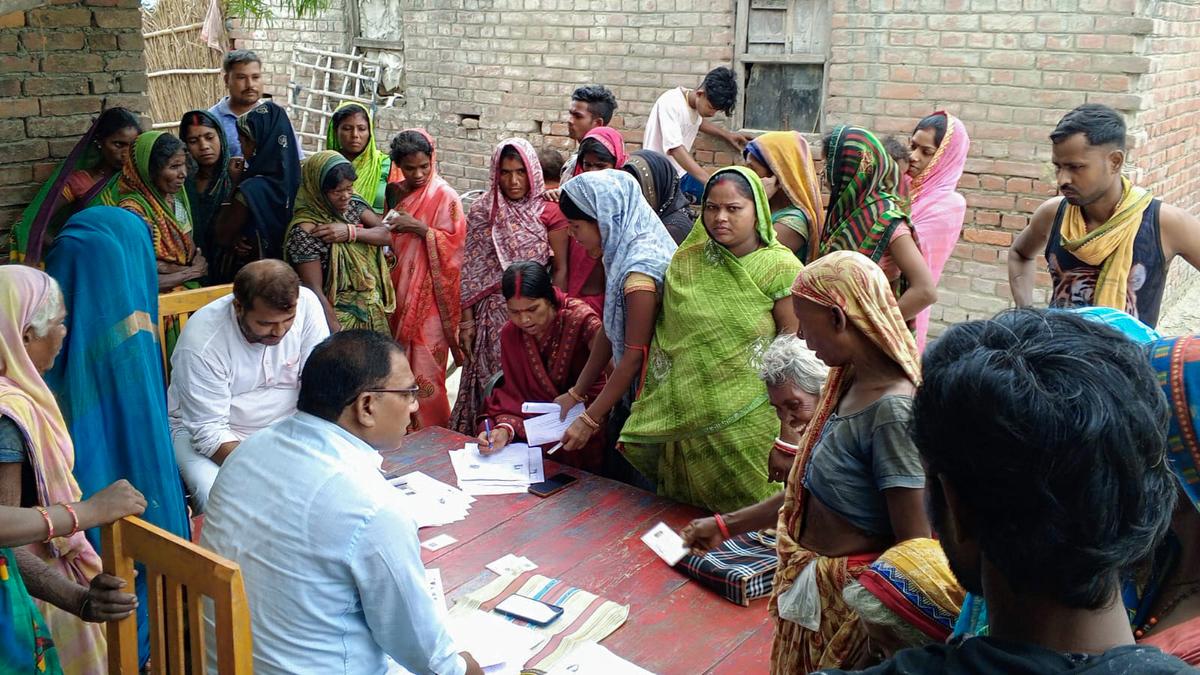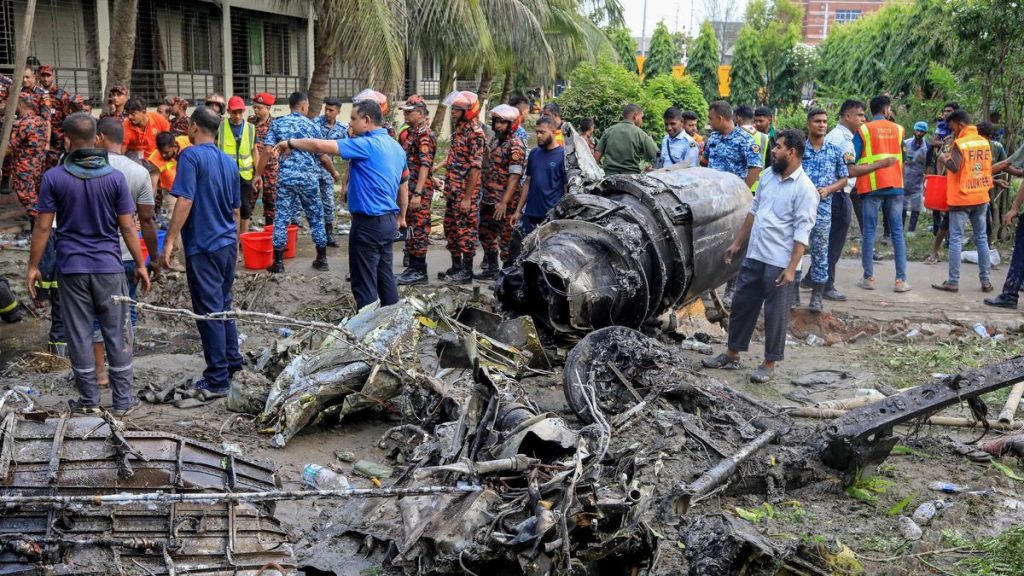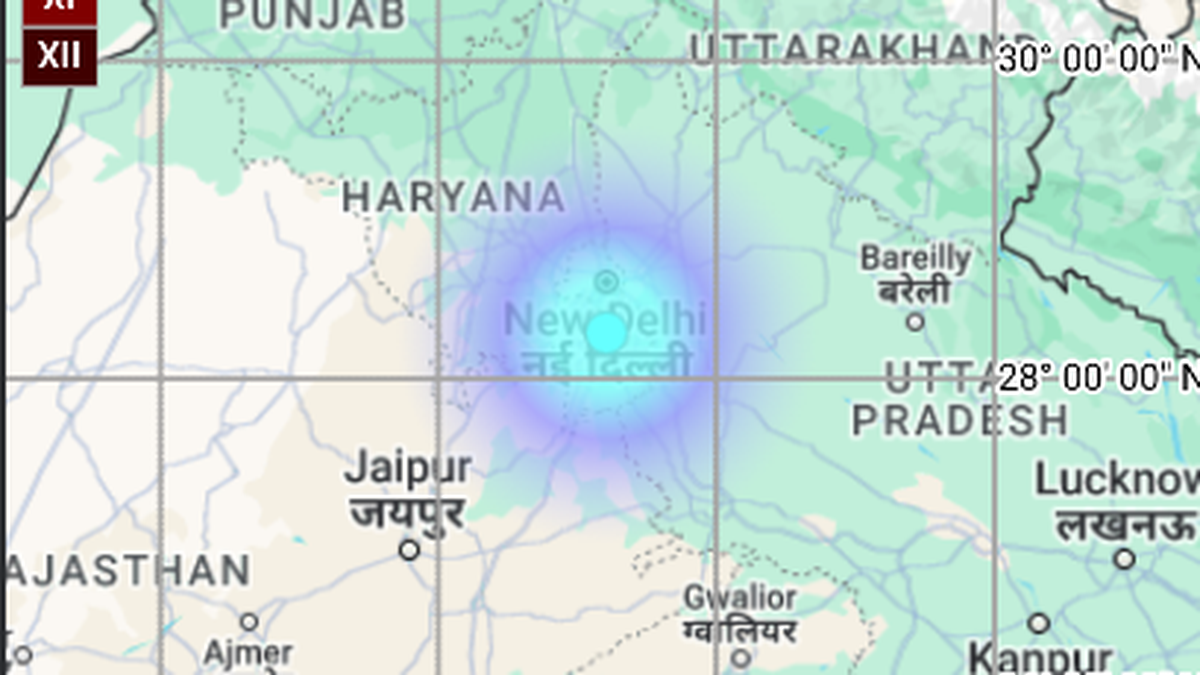Now Reading: Right to Vote in India: Understanding Its Legal Status
-
01
Right to Vote in India: Understanding Its Legal Status
Right to Vote in India: Understanding Its Legal Status

Quick Summary
- The Supreme Court of india is hearing cases against the Special Intensive Revision (SIR) of electoral rolls in bihar with debates on the legal status of the ‘right to vote.’
- Rights in India include natural rights, fundamental rights, constitutional rights, and statutory/legal rights.
- Article 326 grants citizens aged 18 or older worldwide adult franchise unless disqualified by law.
- The Representation of the People Acts (1950 & 1951) govern eligibility and disqualifications related to voting.
- Historically, courts have ruled that voting is a statutory right subject to limitations by law:
– N.P. Ponnuswami case (1952) and Kuldip Nayar case (2006): Right to vote deemed a statutory right.
– PUCL case (2003): Justice Reddy argued it could qualify as a constitutional right but was not a fundamental one.
– Anoop Baranwal case (2023): Reaffirmed voting as solely a statutory right; partial dissent suggested its linkage to Article 19(1)(a).
- A growing argument exists for elevating voting from statutory to constitutional status due to its intrinsic link with free and fair elections.
Indian Opinion Analysis
The ongoing debate around the legal classification of the ‘right to vote’ underscores its critical connection both as an individual act and within India’s democratic framework. With its current status as merely “statutory,” this designation potentially creates room for legislative shifts that could influence voter eligibility or disenfranchisement based on changing political climates. However, elevating it as a “constitutional” or even “fundamental” right might provide stronger safeguards against arbitrary restrictions while reinforcing alignment with democratic principles enshrined in India’s Constitution.
While past court judgments heavily favor defining voting as statutory under parliamentary authority, dissenting opinions-most notably Justice Rastogi’s recent observations-invite reflection about diminishing barriers between citizen choice (Article 19(1)(a)) and procedural statutes. If recognized constitutionally, such elevation could strengthen participatory governance across future revisions like Bihar’s SIR process while upholding free elections within India’s broader democratic structure.
For further details on this debate: Read more
























